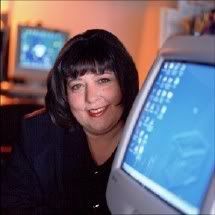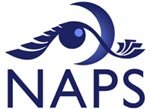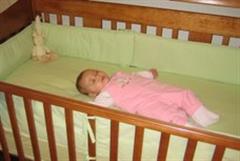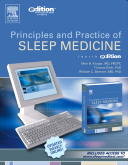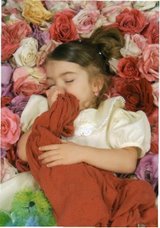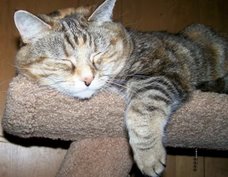Question Posted by Reader of Let's Talk Sleep Blog Re: CMS Review on Home Testing
Hello All,
Someone wrote in and asked underneath this posting from yesterday: "CMS Reviewing Issue Surrounding Home Sleep Testing; 30-Day Public Comment Period Now Open"
The reader did not sign their name, but I thought I would post their question and my answer here on the blog.
The letter requesting the CMS review by the American Academy of Otolaryngology lists studies in the letter. Readers can view that letter by clicking here.
Show Original Post
Anonymous said...
This issue is being reviewed again already! Who's behind this push? The recent CMS review of this same issue resulted in the determination that the technology was not yet reliable enough for home use. The AASM formal study of portable testing has just been initiated. Is there a new, large quantity of data available to effect the first CMS determination?
Mar 15, 2007 1:16:00 PM
Let's Talk Sleep! said...
The CMS received the request from the American Academy of Otolaryngology-Head and Neck SurgeryYou can read the request letter at: https://www.cms.hhs.gov/DeterminationProcess/downloads/id204.pdf
Mar 15, 2007 1:22:00 PM
----end---
Many of the questions readers have been asking me today can be answered by listening to a podcast related to this topic
The podcast is now posted at www.letstalksleep that features Lena Kauffman, editor for Sleep Review who recently conducted interviews with five members of the Sleep Community for the Sleep Review Home Testing Podcast Series. Kauffman’s guests included Dr. William C. Dement, Dr. Barbara Phillips, Dr. Michael J. Breus, Dr. Dominic A. Munafo, and Dr. David White. The Kauffman podcast will be available to listeners through Let’s Talk Sleep or iTunes by no-cost, direct download.
Be well,
Theresa



